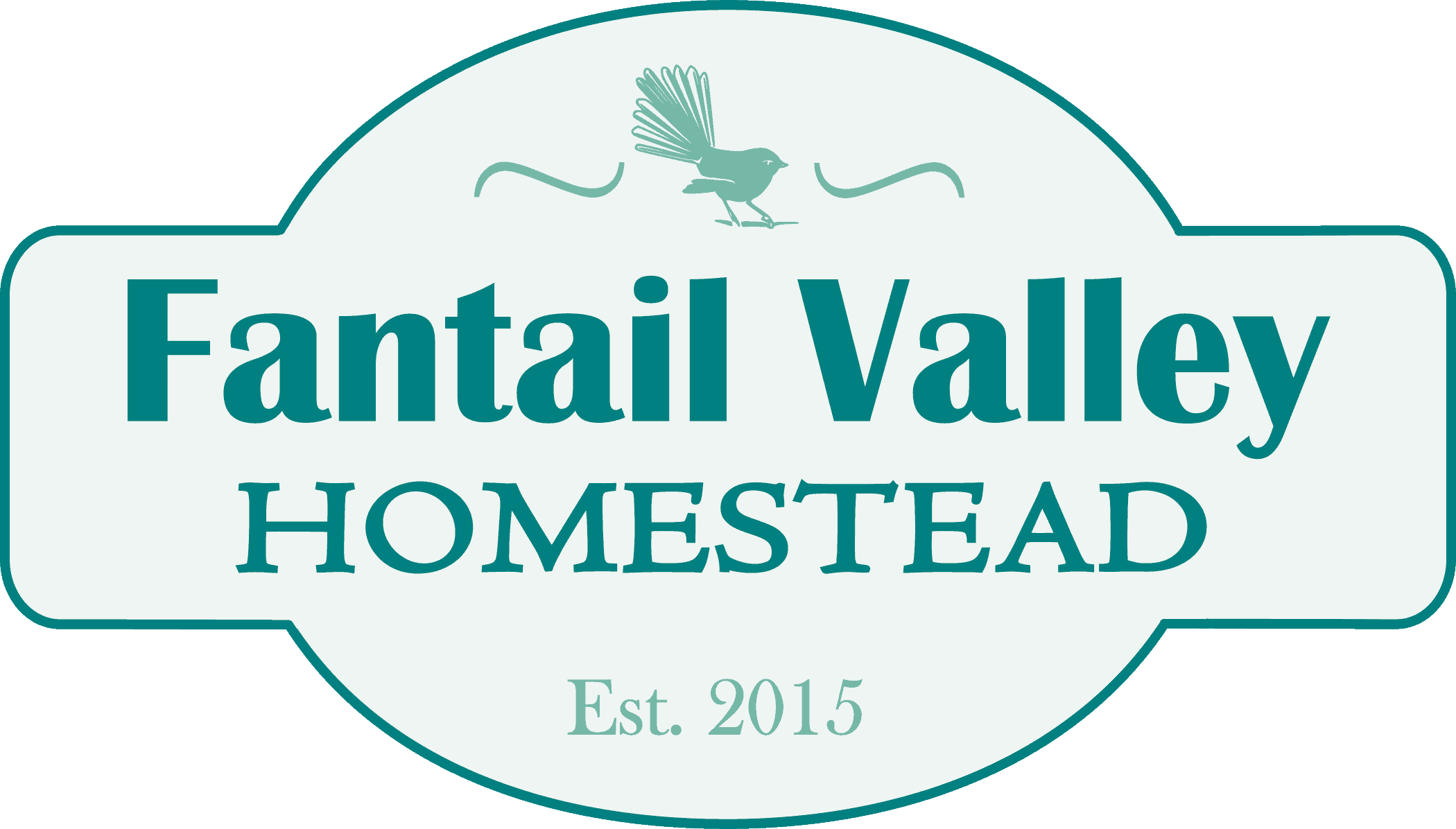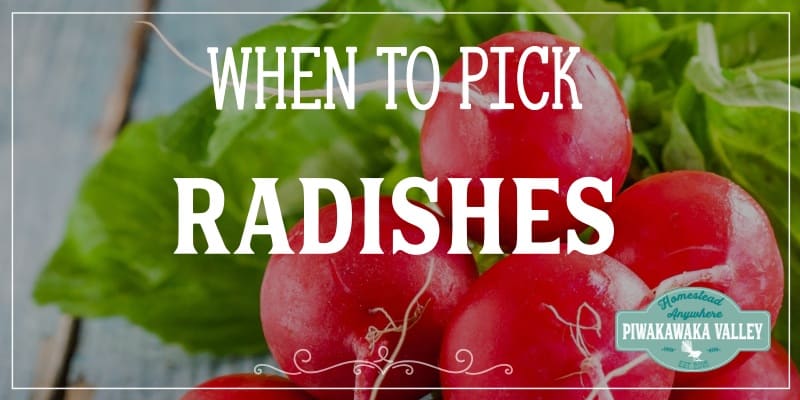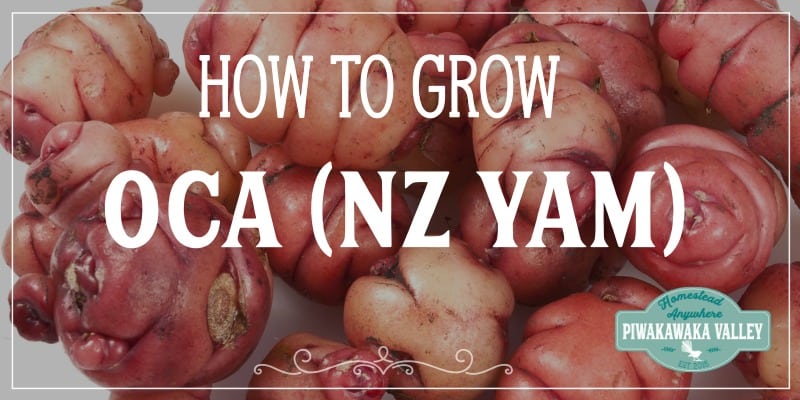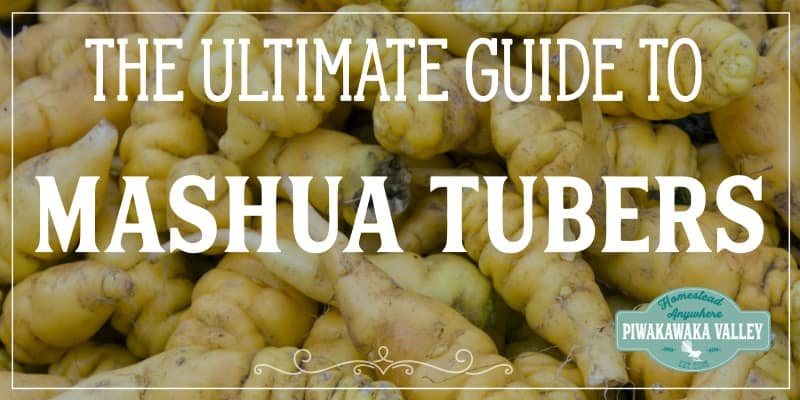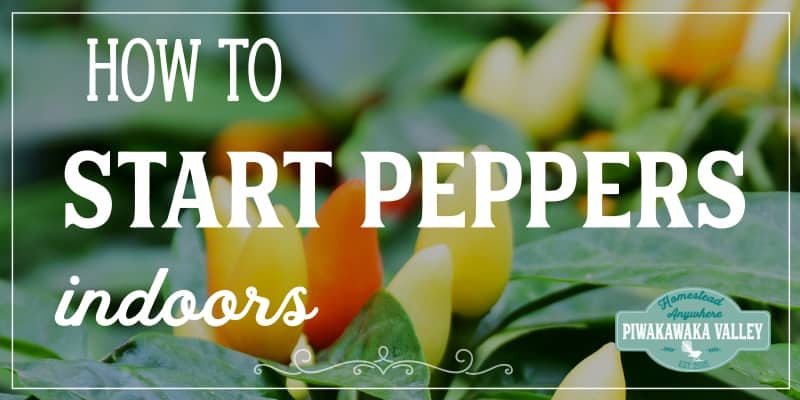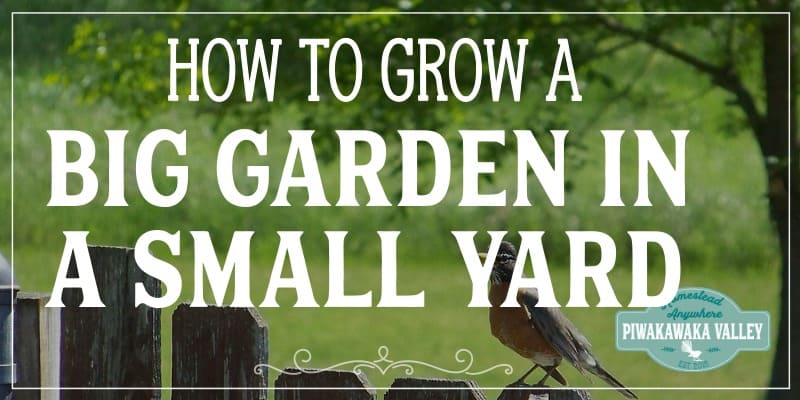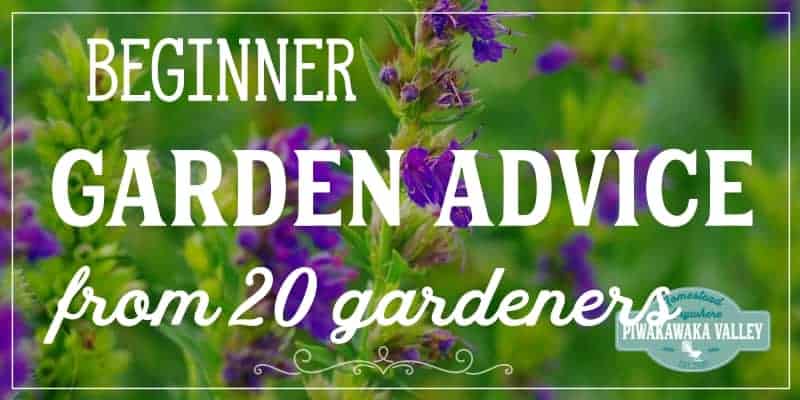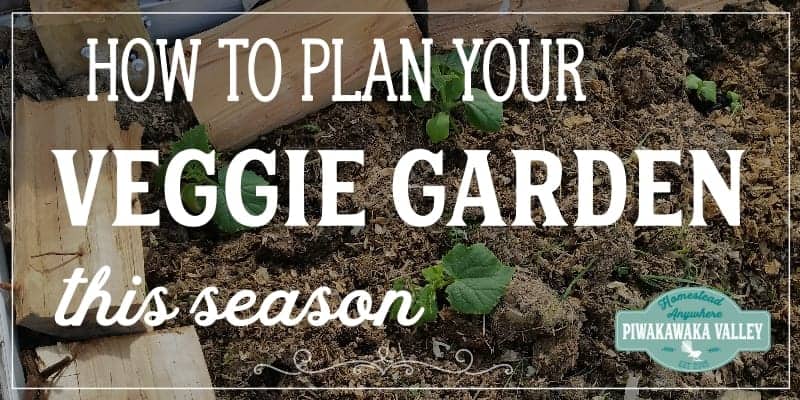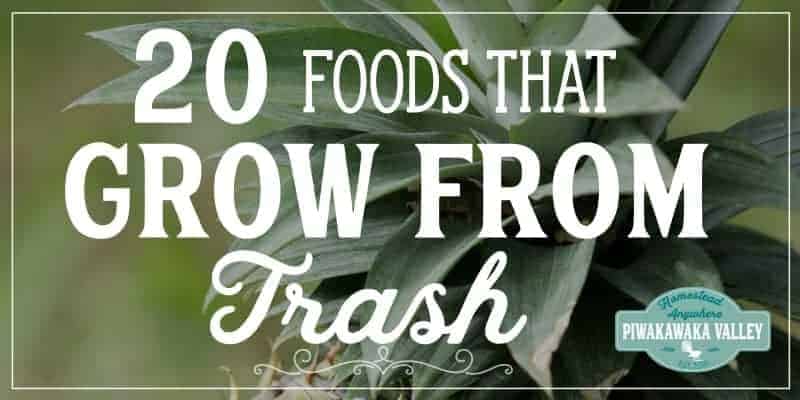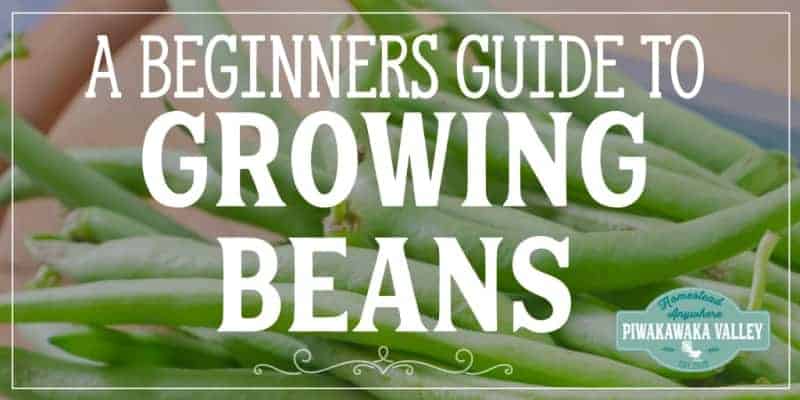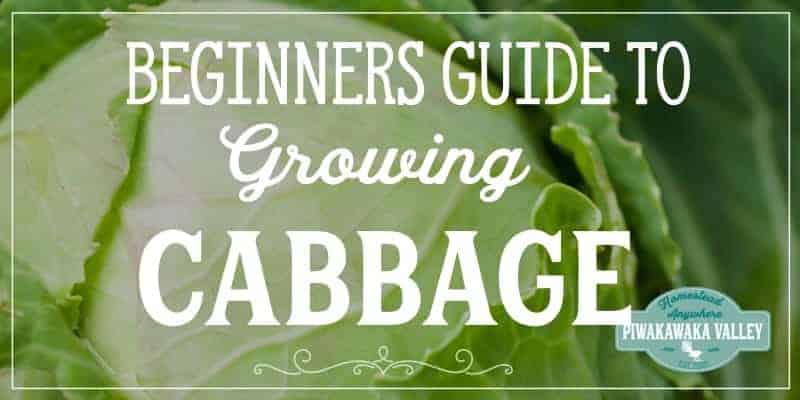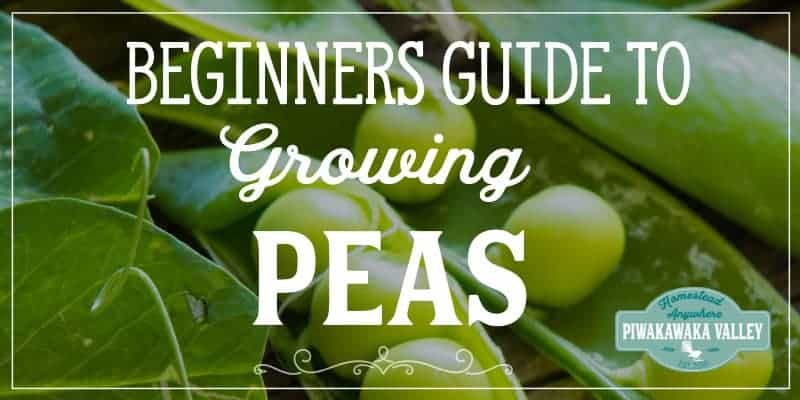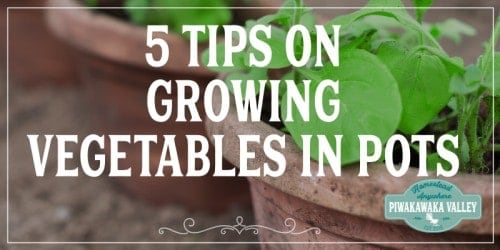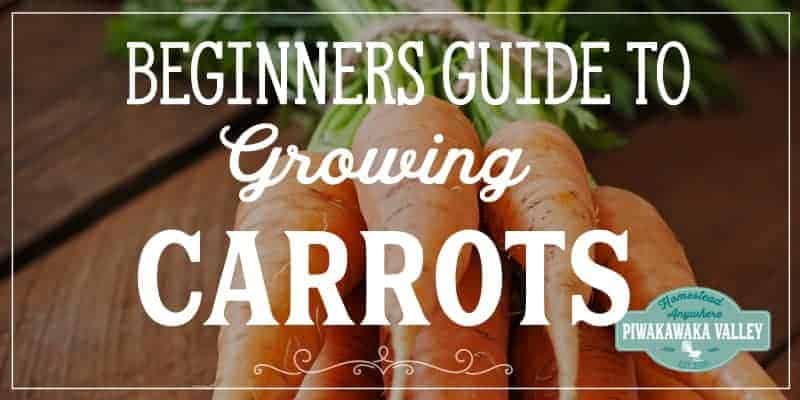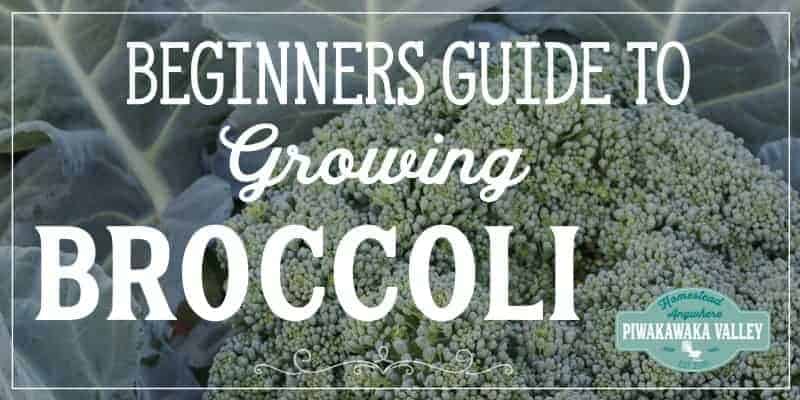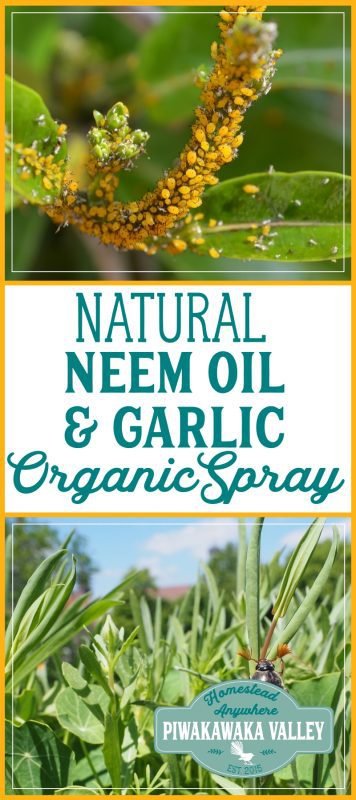This post was most recently updated on January 26th, 2021
I am not a fan of pesticides, but sometimes the aphids or whitefly get too overwhelming. In that instance, I reach for a batch of my garlic and neem oil spray recipe. This is a fabulous organic pest and bug spray.
Please read: This information is provided for educational purposes only and is not intended to treat, diagnose or prevent any disease. We encourage you to make your own health care decisions in partnership with a qualified health care professional.
This post contains affiliate links, this means at no extra cost to you, we make a commission from sales. Please read our Disclosure Statement
Neem Oil is made from the kernels of an Indian tree and has traditionally been used to treat anything from headlice to malaria.
It is good to use in the garden as it is nontoxic to humans and bees but is effective to chewing insects like caterpillars and whitefly.
In fact, neem oil spray is known to be effective against over 200 species of chewing or sucking insects! It also fights fungi, mildews and rusts.
RELATED: How to get a garden started
How does neem oil work?
“It reduces insect feeding and acts as a repellent. It also interferes with insect hormone systems, making it harder for insects to grow and lay eggs. Azadirachtin can also repel and reduce the feeding of nematodes. Other components of neem oil kill insects by hindering their ability to feed.“(1)
There’s a reason garlic has been used for centuries as a natural medicine – it has antibacterial, antiviral, and anti-fungal properties. These attributes are also what make this healing herb such a potent pesticide.
Make your own Effective Pesticide – Garlic and Neem oil Spray Recipe
1.) Crush/roughly chop 1 bulb of garlic – a food processor makes short work of this task.
2.) Add 2 cups of water and leave overnight.
3.) The next day add 1 tsp of neem oil and 1 tsp of liquid soap (hand soap or dish detergent) and 2 more cups of warm water.
4.) Pass through a fine sieve into a bottle.
Use Neem and Garlic Spray on affected plants 1-2 times per week until the infestation has gone.
Have you got a tried and true garden recipe? Let us know in the comments below!
Please pin and share with your friends.
If you would like help getting the most out of your garden, I would love to help you, find out more here
RELATED: Free Gardening Resources
If you like tips on frugal living, self sufficiency and consuming less, sign up to our newsletter below, I would LOVE to have you
For further reading, I also recommend all of these books. I own every one of them and they are amazing resources!
